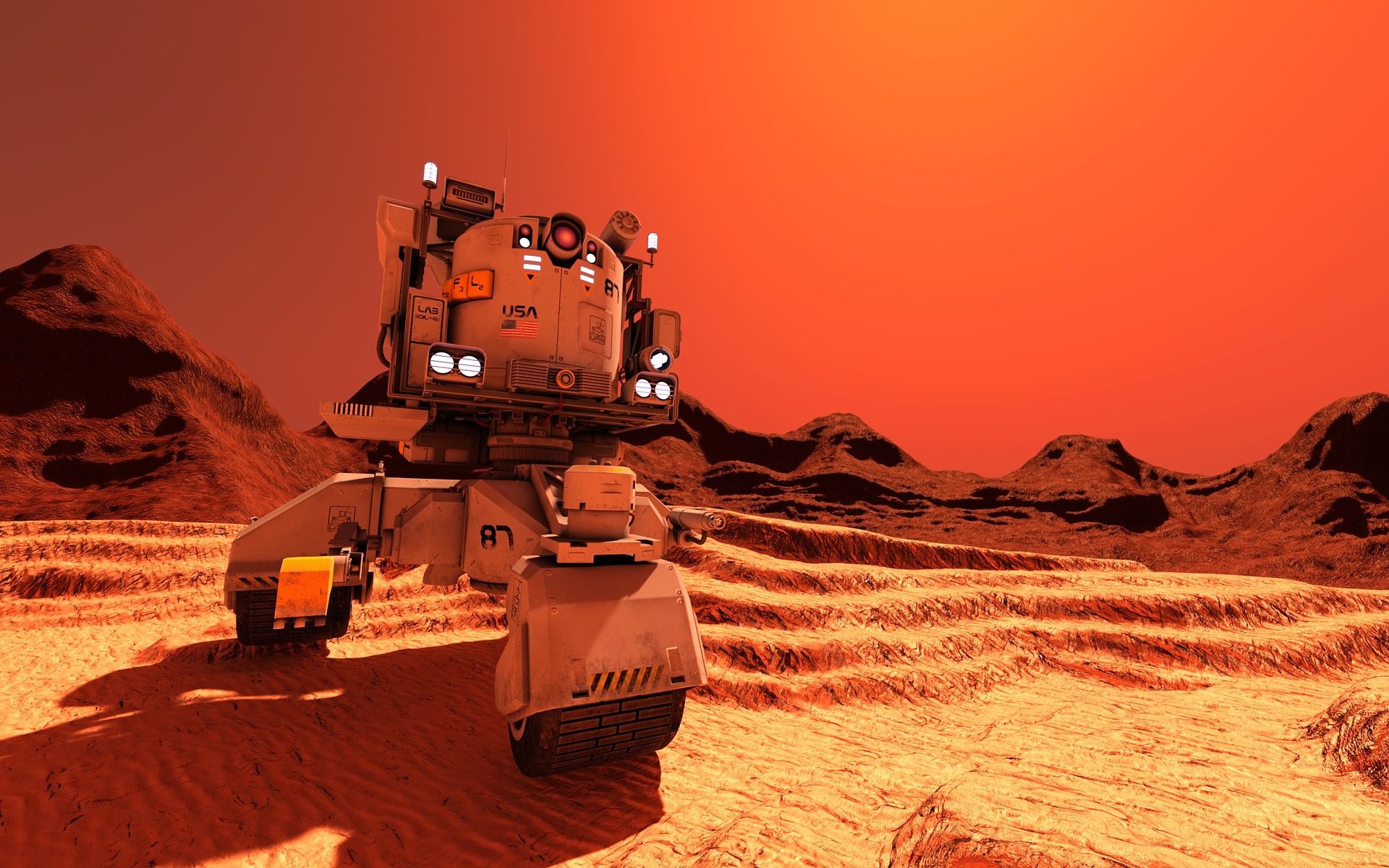One thing that always attracted me to science fiction stories was the excitement over imagining living in new lands or meeting alien races. I am absolutely the one that nerds out over the technical aspects of surviving in environments nothing like our own. As a kid, I got distracted by the minor details that gave a story its flavor. While the heroes chased criminals hiding on a lava planet, I imagined how that lava changed the lives of the planet’s colonists. I mean, they clearly don’t ski on that planet. Maybe lava surfing? Ooh, maybe lava surf racing? Galactic X Games of 2295 presents Lava Surfing! What protective gear do the contestants need? And what happens to poor surfers? Has technology advanced enough, a human could survive a dunking in lava?
Woah. Watch out for that rabbit hole! Almost got sucked down.
Anyway. The great thing about writing science fiction is imagining any world, environment, scenario, or alien species. We get to decide on the details. But wow, is that an enormous responsibility! And, I don’t know about you, but I am not an astrophysicist, or a biologist, or a geo-whatever-they-are. So how do we incorporate ideas into our stories that give it that fanciful, futuristic flavor in a way that feels believable?
Frederik Pohl said, “A good science fiction story should be able to predict not the automobile but the traffic jam.”
See on GoodReads
And there lies the trick to capturing that elusive feeling of ‘being there’. Don’t waste your time on describing how cool the flying car is; discuss the new traffic laws you have to navigate because flying adds a plane of maneuver. And if you weave in these details as givens for the future, then your readers join you in 2295.
But what if you can’t think of all these minor details? Well, the good news is inspiration is out there if you know where to look. Take, for instance, these two articles (Article 1, Article 2) describing the speed of sound on Mars. These articles describe how scientists used recordings from the Mars Rover Perseverance to figure that sound travels at different speeds depending on pitch. Because the air on Mars is carbon-dioxide rich, sound travels faster at pitches above 240 hertz and slower at pitches below 240 hertz.
So, how can we make this a story? Well, according to the researchers, speech on Mars distorts with “higher-pitched sounds arriving sooner to the listener than lower ones”. Perhaps people on Mars can only communicate over radios while a computer program adjusts the audio to understandable limits. But your characters cannot use radios all the time, or maybe they break. Now they have to adjust their speech patterns to account for Mars’ atmosphere’s density or use alternate communications systems such as hand signals. Perhaps, in your story, space excursions work as scuba diving. Characters watch their suits’ resources level and everyone must learn universal hand signals. Hmm, I need to research scuba diving now. See where I am going with this?
This is a sensory detail, helping your reader place themselves in the story. For the expert badge in ‘show, don’t tell’, add a second sense. These articles mentioned the scientists’ intention to continue monitoring Perseverance’s audio data since pressure on Mars changes with the seasons. You can experiment with this idea without waiting for another article. We know humans are sensitive to atmospheric pressure changes when storms roll around on Earth. On other planets, where those changes could swing drastically, the consequences for humans are more severe. Perhaps certain seasons confine humans to their habitats, akin to winter living in the extreme northern areas of Alaska. Your characters could end of stranded or caught unawares and without a proper stockpile of supplies. So many story ideas are floating around my brain. What about yours?
I hope you enjoyed this Supposition! If you haven’t already, subscribe to my newsletter and get alerts when I post the next one. In the meantime, May Imagination Reign!

